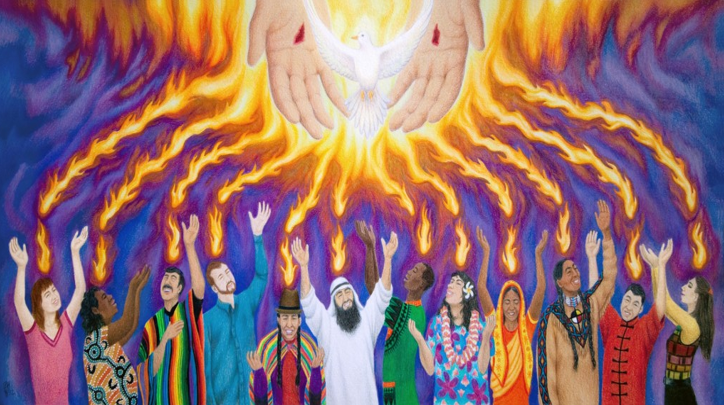Blog Post

Jeff Bagnall was a lecturer for many years at Craiglockhart College teaching RE to many future Catholic Primary teachers.
by Jeff Bagnall
•
17 May, 2024
See Jeff’s ‘sermon’ notes here. Deuteronomy is a book aimed at reviving the enthusiasm of the Jewish people for their religion, and re-kindling their sense of community. Centuries before Deuteronomy was even written the Jewish people had been successfully led … Continue reading →
Copyright 2024 © South Edinburgh Cluster. All rights reserved Parishes of the Archdiocese of St Andrews and Edinburgh
Registered Charity N0: SC00854

4th Sunday of Lent B